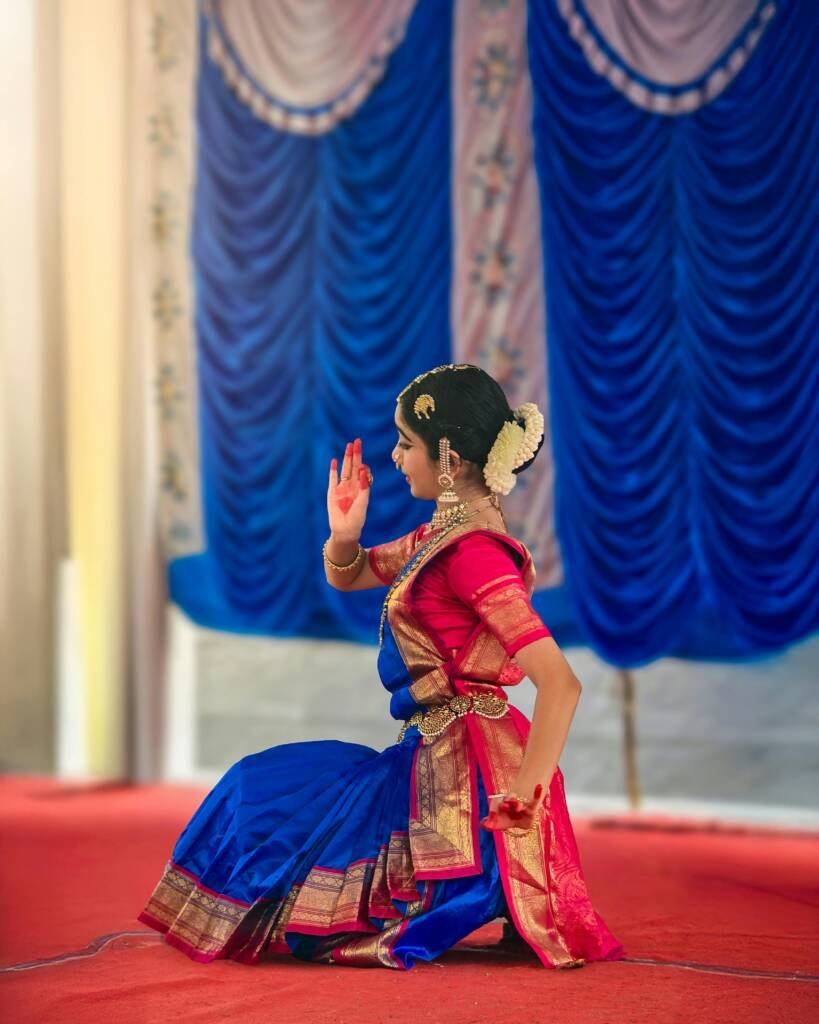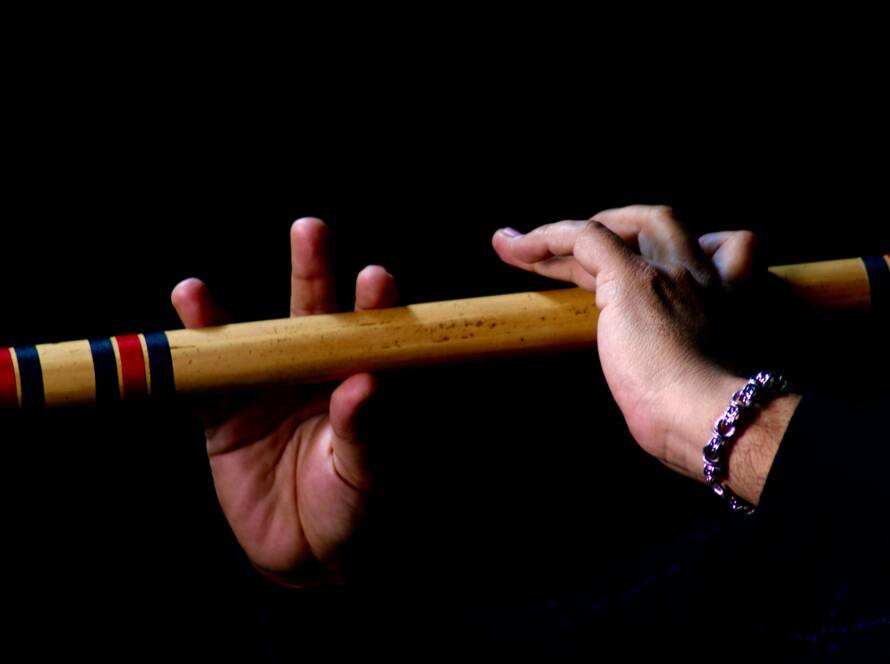Nurturing Creativity & Focus
There’s a quiet joy in watching a child sway gently to the sound of a tanpura, eyes half-closed, as if the music is not just heard—but remembered. As if something ancient stirs within them. In those moments, we are reminded that classical music is not an art to be learned later—it is a seed to be sown early, a gift to be offered while the soil of the mind is still tender, curious, and wide open.
In India, music has never been separate from life—it has always been a part of how we live. From lullabies whispered in the cradle to the devotional songs sung at dawn, every Indian child is born into a soundscape that is as spiritual as it is cultural. Yet somewhere in the race for marks, medals, and measurable success, this gentle thread often unravels. But if we pause, and listen closely, we’ll hear what our ancestors always knew—music, especially classical music, is nourishment for the soul. And for a child, it can become a lifelong companion in creativity, discipline, and inner calm.
Swaras as the First Language of Wonder
Indian classical music is built on swaras—notes that are more than sounds. They are energies, each with a distinct color, mood, and emotion. Children are uniquely attuned to these subtleties. A Raga like Yaman can make them feel uplifted, while Bhairav can ground them in stillness. Unlike formulaic pop, classical music does not rush. It teaches children to wait, to breathe, to listen. And in that act of listening, focus is born—not the forced kind, but the kind that flows from within.
Even before children can speak fluently, they can hum, mimic, and intuitively grasp rhythm. Introducing them to classical music is not about rigid training. It’s about exposure—letting them absorb the language of ragas and rhythm the way they absorb language itself. Slowly, gently, naturally.


Discipline with Delight: The Guru-Shishya Way
In the traditional guru-shishya parampara, learning music was a spiritual journey. A child would not begin with complex compositions but with listening, observing, and surrendering to the atmosphere of music. There was reverence, not just for the notes, but for the silence between them. This age-old method, when adapted with love and patience, offers modern children something rare—a sense of rootedness in a world of distractions.
The practice of riyaaz (daily practice) becomes more than repetition—it becomes reflection. It teaches children that mastery is not instant. That beauty lies in effort, in stillness, in slowing down. In a culture constantly chasing speed, classical music reminds children of grace.
Creativity Through Structure
It may seem paradoxical, but it is within the structured framework of classical music that true creativity blossoms. Ragas are like sacred maps—but how a child explores them, plays with their nuances, improvises within their boundaries—that is where their imagination breathes.
Children who learn classical music often show heightened abilities in pattern recognition, memory, and emotional intelligence. But beyond all these benefits lies something deeper—the joy of self-expression, not for performance, but for personal connection.
Why It Matters Today
In an age of overstimulation, classical music offers a return to simplicity and soul. It offers children a space to feel, not just function. To create, not just consume. To focus, not out of pressure, but from pleasure.
We don’t need to raise prodigies. We need to raise children who are in tune—with themselves, with tradition, with the timeless beauty of sound.
A Gift That Grows With Them
Introducing children to classical music is like planting a tree whose shade they will sit under all their life. It may not bear fruit instantly. But its roots will run deep.
Let the tanpura play softly in your home. Let your child hum a morning raga while tying their shoelaces. Let them clap to taal at bedtime instead of tapping on screens. For in these small rituals, a tradition is kept alive.
And in nurturing music, we nurture more than talent—we nurture mindfulness, wonder, and a lifelong melody of inner joy.



